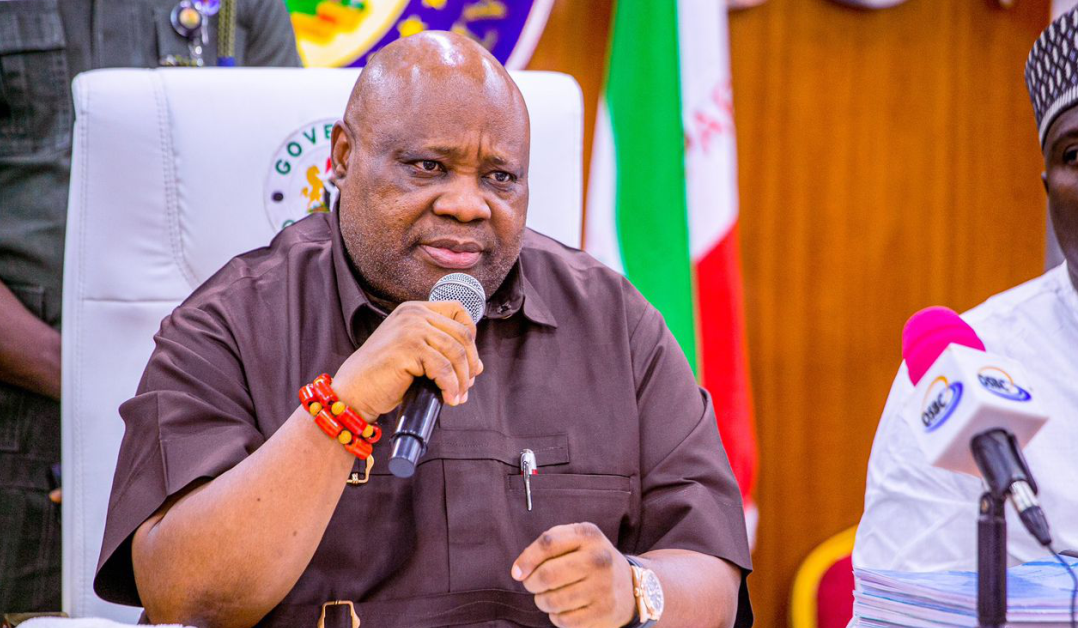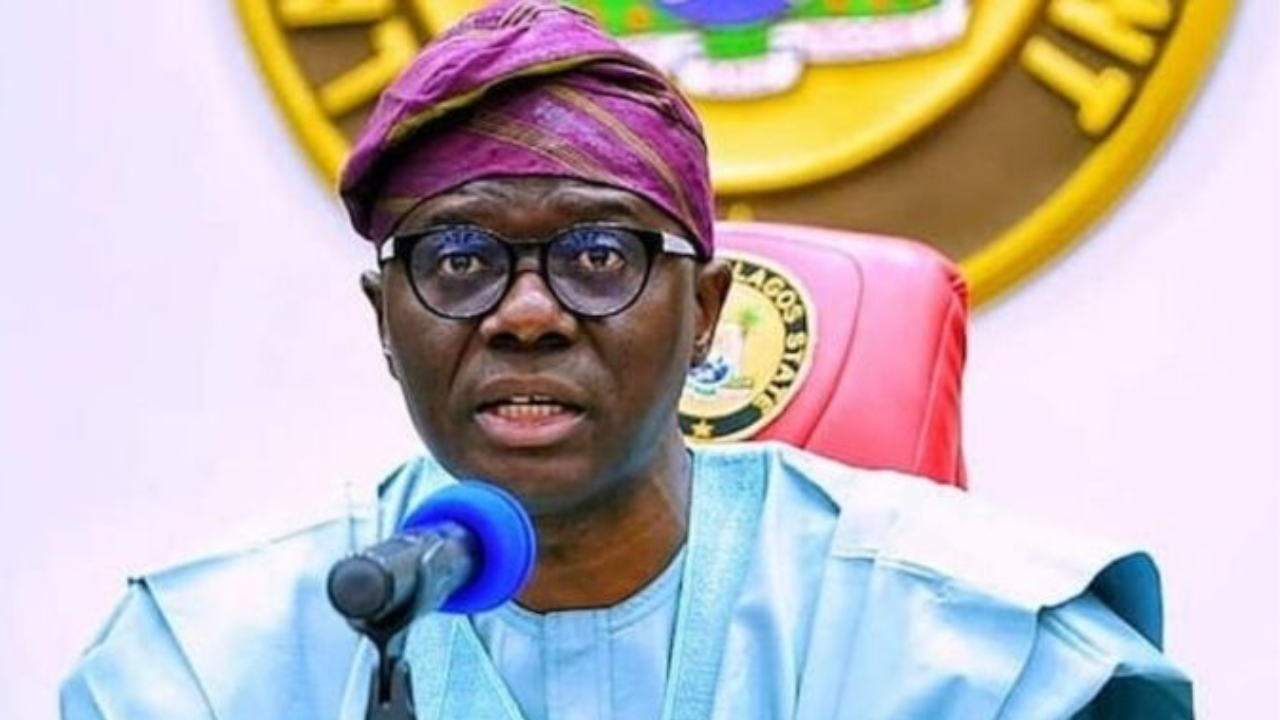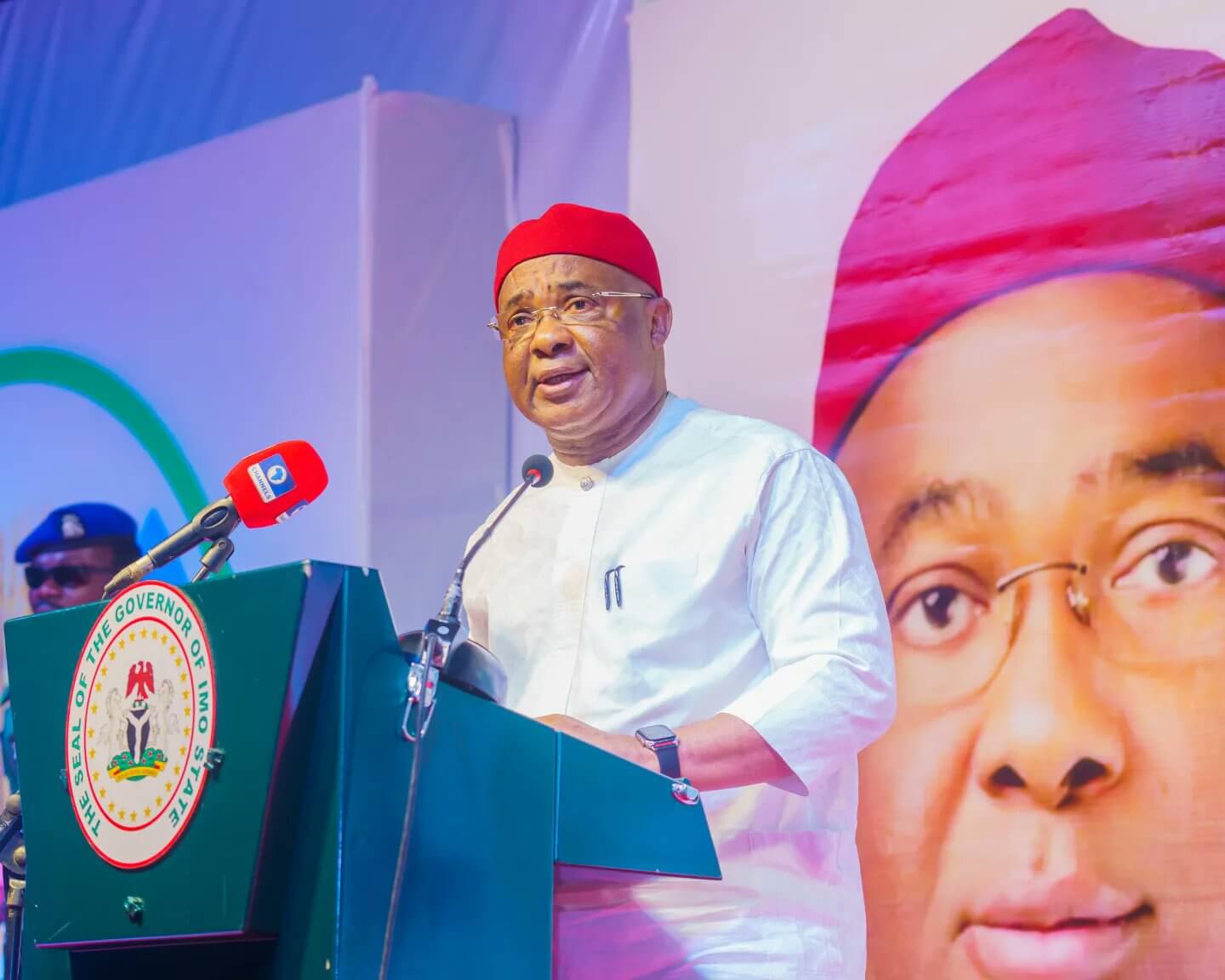In a landmark judgment on Thursday, the Supreme Court endorsed full autonomy for the 774 local governments in the country, putting an end to the abuse of their affairs by some state governors.
The apex court ordered that funds from the Federation Account in the credit of the councils must be paid directly to their respective bank accounts.
In the same vein, the court barred the governors, their and privies from directly or indirectly receiving, tampering or withhold funds meant for the local governments henceforth.
In the lead judgment delivered by Justice Emmanuel Akomaye Agim, the Federation Account was specifically ordered to ensure that henceforth all monies including shares from taxes and other sources are channelled directly into the purses of councils with democratically elected officials in place.
The governors were also barred from henceforth dissolving democratically elected officials for local governments and that doing so would amount to a breach of the 1999 Constitution.
In the unanimous judgment of the seven-man panel of Justices, the Supreme Court agreed with the Attorney General of the Federation and Minister of Justice, Prince Lateef Fagbemi, SAN, that the Constitution of the Federal Republic of Nigeria recognized local governments as the third tier of government.
The Justices also agreed with him that some state governors have in the past two decades been using Nigeria’s Constitution to perpetrate unconstitutional acts.
The argument of Fagbemi that the Constitution permitted governors to receive money on behalf of local governments but did not permit them to spend such money on their behalf was upheld.
Among others, the apex court ordered the Federation Account to withhold funds of local governments where democratically elected officials are not in place.
It also barred the governors, their agents and privies from embarking on dissolution of democratically elected officials at the local governments level.
According to the Justices, the Constitution did not make local governments appendages of the state and that no tier of government should be subordinate to another.
Justice Agim held that states are not subordinate to the federal just as local governments should not subservient to the states.
In all, all the request of the federal government were granted in line with the provisions of the 1999 Constitution and as canvassed by the Justice Minister.
Fagbemi had on May 24 this year, on behalf of the Federal Government, dragged the 36 governors before the Supreme Court over alleged misconduct in the running of affairs of local governments in the country.
The Attorney General instituted the court action against the governors primarily seeking full autonomy for local governments as third tiers of government in the country.
The Attorney General instituted the court action against the governors primarily seeking full autonomy for local governments as third tiers of government in the country.
In the suit marked SC/CV/343/2024, the AGF had prayed the apex court for an order prohibiting State Governors from unilateral, arbitrary and unlawful dissolution of democratically elected local government leaders for local governments..
In the originating summons he personally signed, Fagbemi also prayed the Supreme Court for an order permitting the funds standing in the credits of local governments to be directly channelled to them from the Federation Account in line with the provisions of the Constitution as against the alleged unlawful joint accounts created by governors.
He also sought order of the apex court stopping governors from constituting Caretaker Committees to run the affairs of local governments as against the constitutionally recognized and guaranteed democratically system.
Besides, the AGF applied for an order of injunction restraining the governors, their agents and privies from receiving, spending or tampering with funds released from the Federation Account for the benefits of local governments when no democratically elected local government system is put in place in the states.
The governors, who were sued through their respective State Attorneys General, demanded dismissal of the suit on the ground that the Supreme Court has no jurisdiction to adjudicate in the matter and that the suit did not disclose any reasonable cause of action against them.
The request for dismissal was however rejected by the Justices for being frivolous vexatious and lacking in merit.
The suit is predicted on 27 grounds among which are that the Nigeria Federation is a creation of the 1999 Constitution with President as Head of the Federal Executive arm of the Federation and has sworn to uphold and give effects to the provisions of the Constitution.
*That the governors represent the component states of the Federation with Executive Governors who have also sworn to uphold the Constitution and to at all times,give effects to the Constitution and that the Constitution, being the supreme law, has binding force all over the Federation of Nigeria.
* That the Constitution of Nigeria recognizes federal, states and local governments as three tiers of government and that the three recognized tiers of government draw funds for their operation and functioning from the Federation Account created by the Constitution.
*That by the provisions of the Constitution, there must be a democratically elected local government system and that the Constitution has not made provisions for any other systems of governance at the local government level other than democratically elected local government system.
*That in the face of the clear provisions of the Constitution, the governors have failed and refused to put in place a democratically elected local government system even where no state of emergency has been declared to warrant the suspension of democratic institutions in the state.
*That the failure of the governors to put democratically elected local government system in place, is a deliberate subversion of the 1999 Constitution which they and the President have sworn to uphold.
*That all efforts to make the governors comply with the dictates of the 1999 Constitution in terms of putting in place, a democratically elected local government system, has not yielded any result and that to continue to disburse funds from the Federation Account to governors for non existing democratically elected local government is to undermine the sanctity of the 1999 Constitution.
*That in the face of the violations of the 1999 Constitution, the Federal Government is not obligated under section 162 of the Constitution to pay any state, funds standing to the credit of local governments where no democratically elected local government is in place.
Fagbemi therefore asked the apex court to invoke sections 1, 4, 5, 7 and 14 of the Constitution to declare that the state governors and State Houses of Assembly are under obligation to ensure democratically system at the third tier of government in Nigeria and to also invoke the same sections to hold that the governors cannot lawfully dissolve democratically elected local government councils.
The AGF also prayed for invocation of sections 1, 4, 5, 7 and 14 of the Constitution to declare that dissolution of democratically elected local government councils by the governors or anyone using the state powers derivable from laws enacted by the State Houses of Assembly or any Executive Order is unlawful, unconstitutional, null and void.















 English (US) ·
English (US) ·